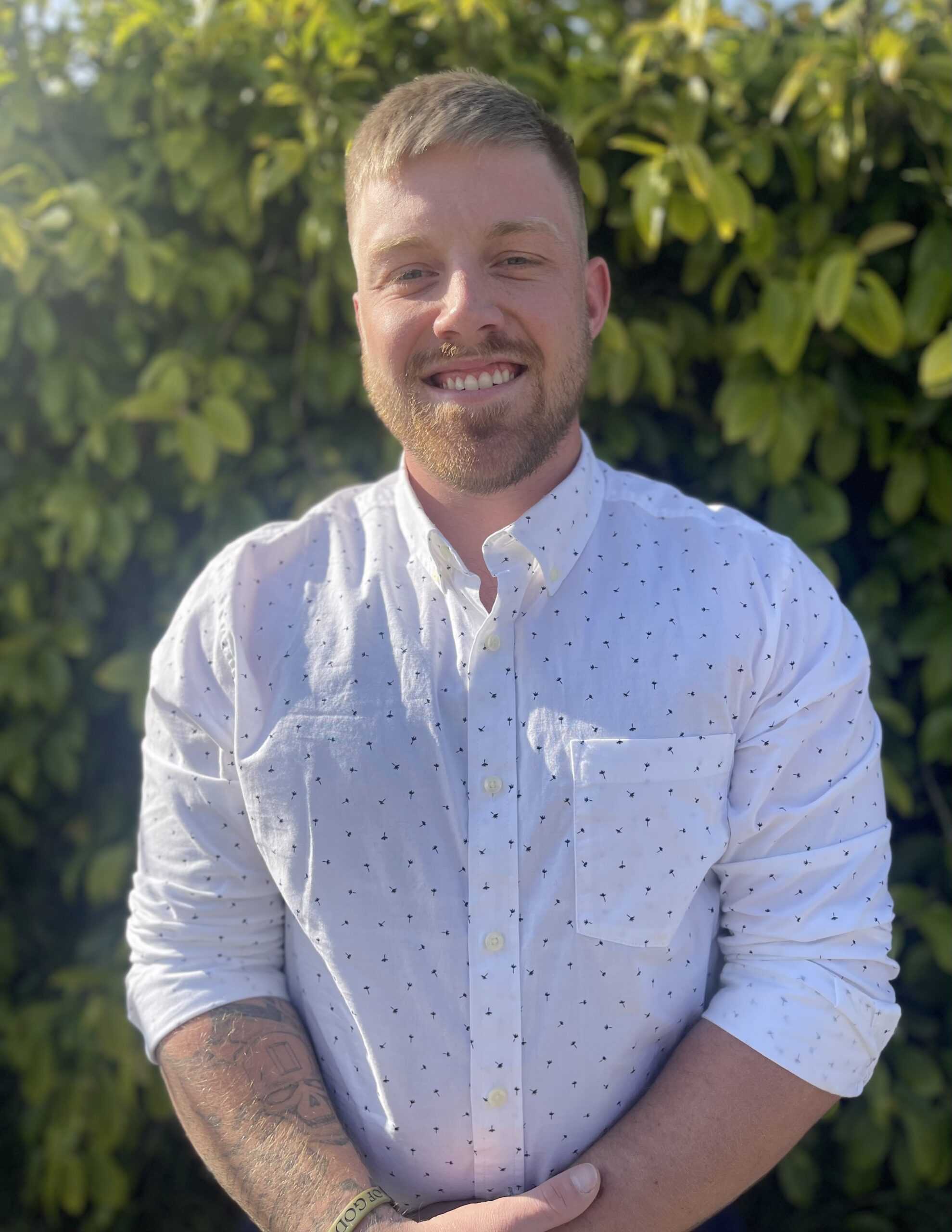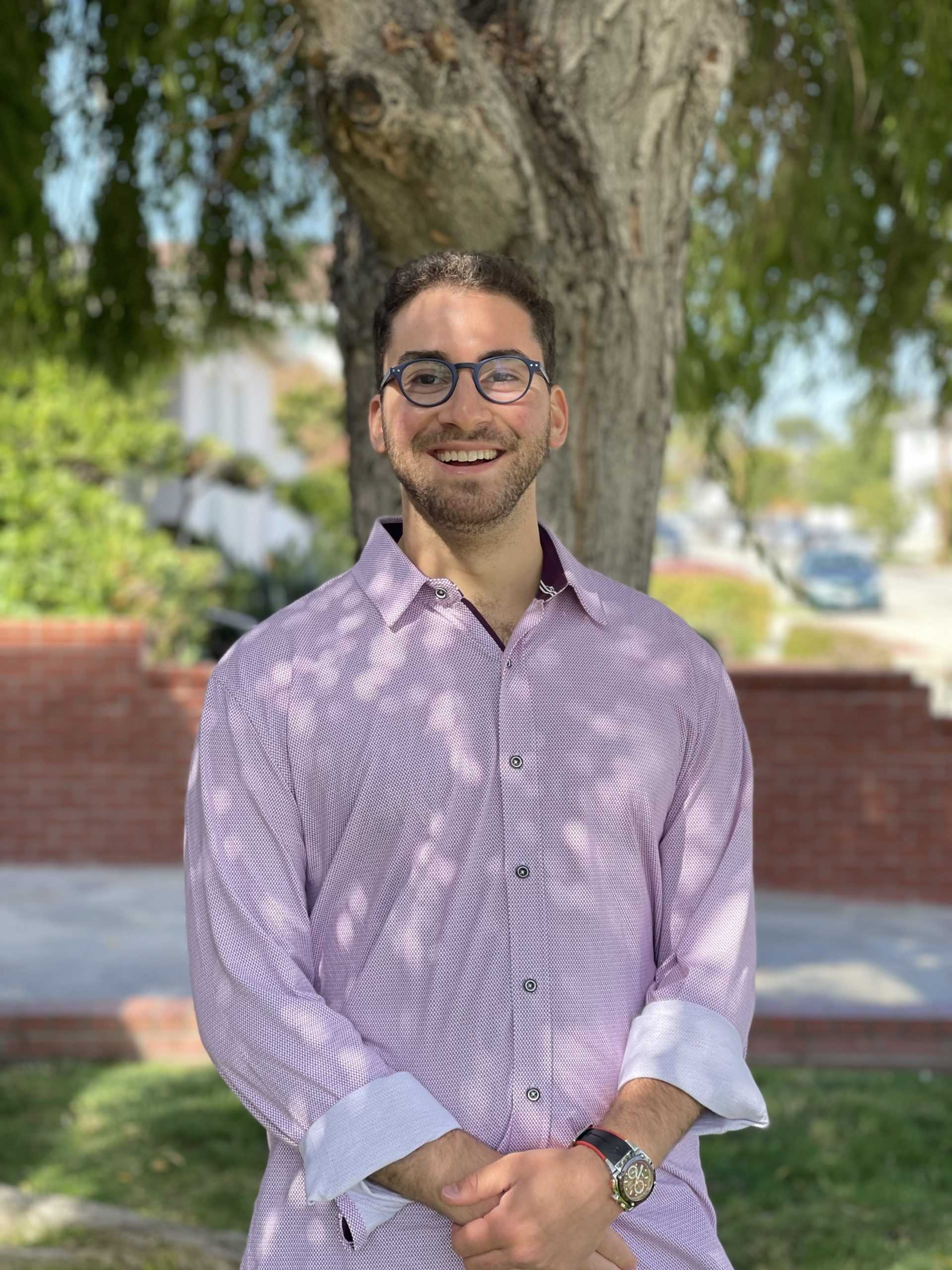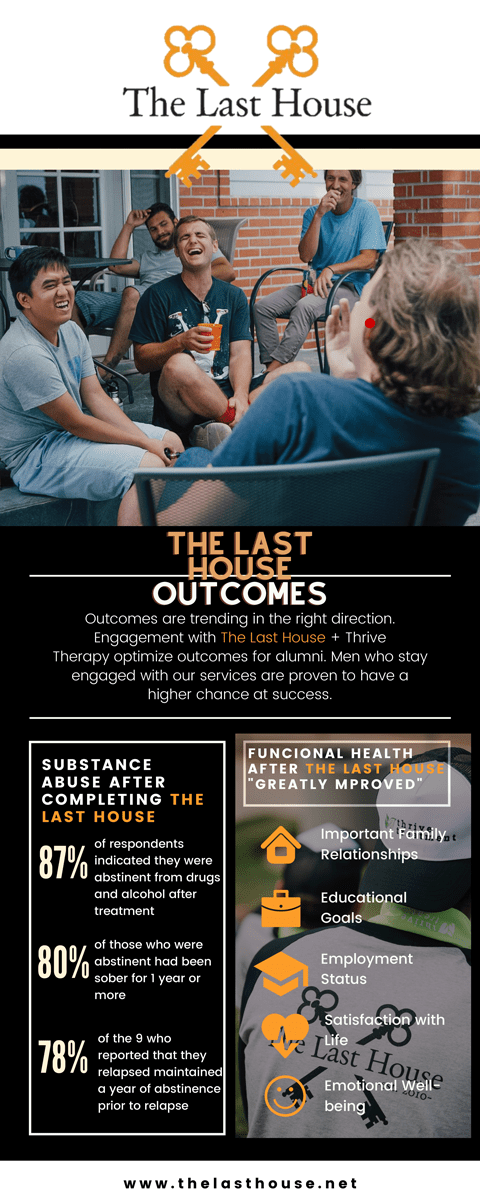Sober Living Designed for Recovery
The Last House Sober Living® is a network of structured sober living homes located in the heart of West Los Angeles. There is a large sober living community in California, and we are proud to be apart of this.


Sober Living in Los Angeles, California
Our mission is to provide a safe, fun, program-oriented setting where residents can find purpose, progress, and build a foundation for a life that is not only free of drugs and alcohol, but flourishing in all aspects. Our sober living’s staff consists of active members of the Los Angeles Sober Living recovery community and comes with years of experience, professional backgrounds, counseling certifications and various expertise in health, wellness and employment services.
As Seen On





What We Do
We have two Los Angeles Sober Living homes. Both of our charming properties are steps from each other which gives our residents the ability to truly make friends in sobriety and to build a sense of camaraderie within our recovery community.

The Compound
Learn more about The Compound at The Last House Sober Living for Men in Los Angeles, California.
Request a Confidential Callback
Why Choose Us?
Gender-specific housing for men in the heart of West Los Angeles.
Structured & trusted sober living home with clinical accommodations.
Continued treatment available at Thrive Treatment in Santa Monica for best results in recovery.
80% of alumni who participated in our outcomes study remained sober for 1 year or more.

Our Success Stories
Annie L.
Loved One
Vince S.
Alumni



A Sober Living That Cares About the Outcomes
The Last House Sober Living for Men in Los Angeles, California is dedicated to providing a true path to long-term recovery for our clients. We embarked on a year-long study to measure the outcomes of our program.
We found that men who engage in sober living at The Last House who also attend Thrive Therapy, have proven to have a higher chance at success in recovery.
The numbers don’t lie.
87% of respondents indicated they were abstinent from drugs & alcohol after treatment.
80% of those who were abstinent had been sober for 1 year or more.
78% of the 9 who reported that they relapsed maintained a year of abstinence prior to relapse.
Download our outcomes study and learn more about how The Last House Sober Living in California can help you or your loved one on their path to success in recovery.

Latest From Our Blog
Looking for a Trusted Sober Living in California? Contact Us 24/7
The Last House Sober Living in Los Angeles offers men a trusted, structured sober living program. Our community-based approach is here to help our clients in achieving long-term recovery from substance abuse.







